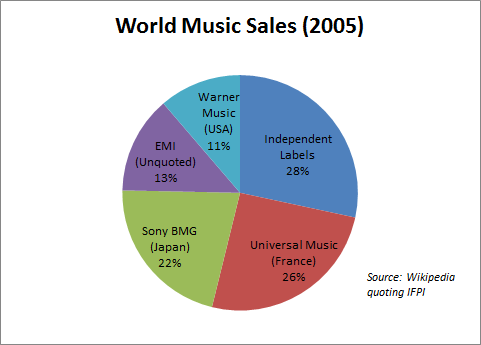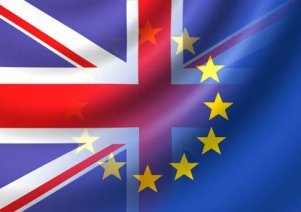I have finally finished my summary of the Judicial Review of the Digital Economy Act. [here]. I have posted it on this blog backdated it to 21st April 2010, since that is the day after the judgement was delivered, and close to when I started it. It’s a hard read, and I am not sure my summary is much easier. It’s clearly taken a long time to read the judgement and write my review in hours taken and from when I started, for that I apologise. It doesn’t mean it’s not worth reading.
The ruling states that,
- the DE Act is not a technical regulation and thus does not need to be notified to the EU Commission as part of the legislative process, although the subsidiary Ofcom regulations will.
- the DE Act does not conflict with the EU’s E-Commerce Directive because the ‘mere conduit’ defence is not absolute, it does not require ‘general monitoring’, and copyright protection measures are excluded from the domain of the ECD.
- the DE Act does not conflict with the EU or UK Privacy and Data Protection laws because copyright enforcement measures are permitted processing measures under the Law.
- the DE Act does not conflict with the EU’s Authorisation Directive since the AD does not prohibit amendment or supplementary regulation, however it does invalidate some aspects of the proposed cost sharing order.
- the claimants fail to prove that the DE Act and its parliamentary passage was sufficiently disproportionate to warrant being struck down i.e. that intellectual property rights are balanced against the rights of ISSPs and citizens by Parliament.
The ruling made no comments on the proportionality of any “Technical Measures” since they have not been drafted, agreed or promulgated.
The court made no comment on whether a law requiring “careful balance” on the issues of “fundamental rights” should be passed using the unprecedented accelerated procedures of House of Commons’ Wash-up. This process meant that the possibly 100’s of hours of review time spent by elected politicians was avoided. (The Commons spent under 10 hours considering the Bill.)
Judge Parker refused the claimants the right to appeal, but this has now been granted on all grounds except that the DE Act breaches the E-Commerce Directive by imposing a duty of general monitoring. This was reported by the Guardian [here] and Linx [here]. …

 So earlier today,
So earlier today,